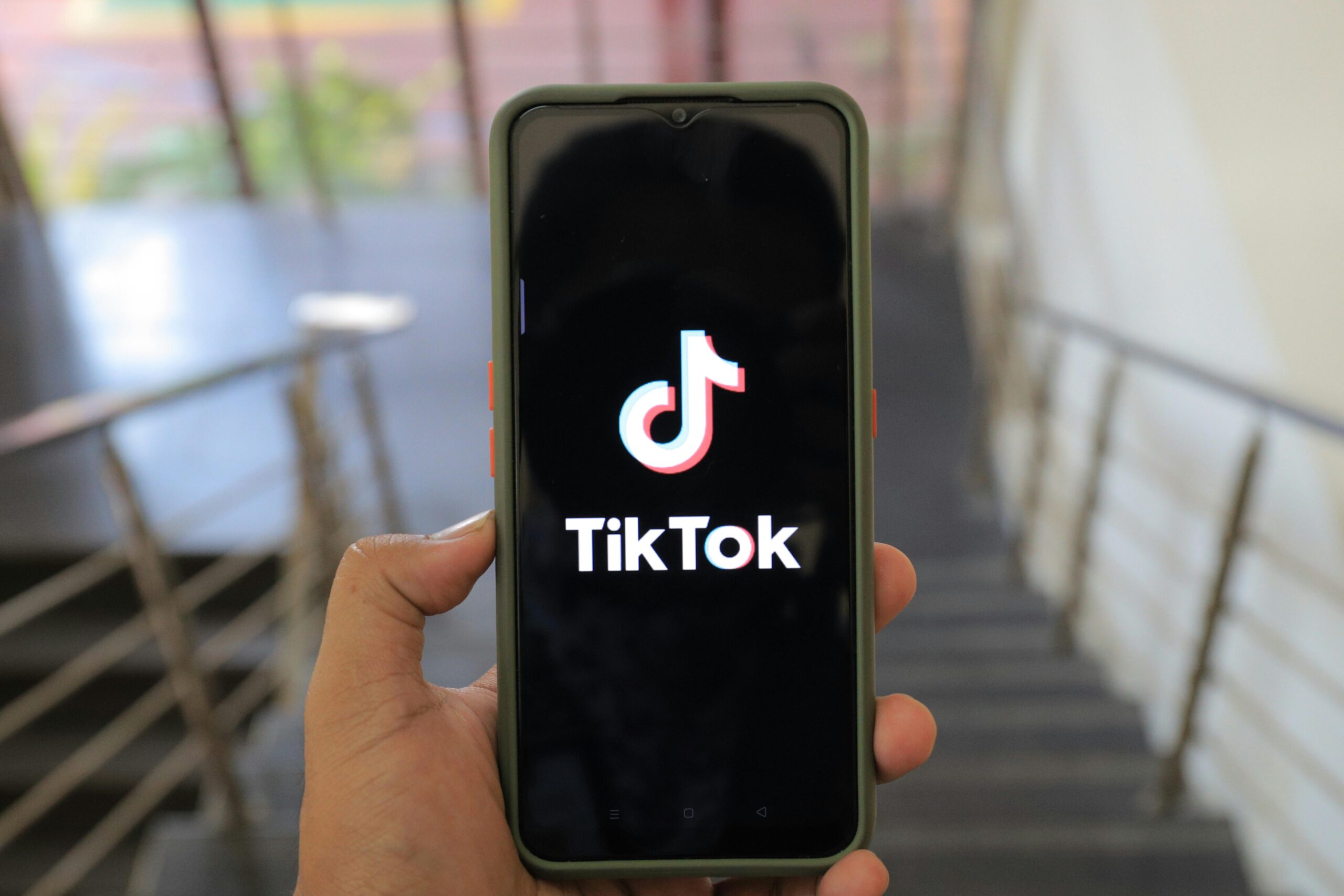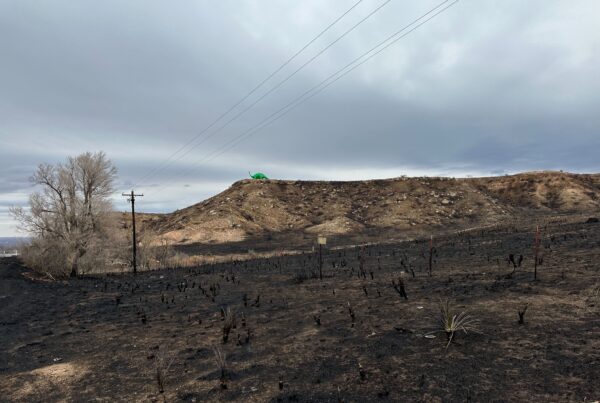The House of Representatives voted overwhelmingly yesterday to require the Chinese owner of TikTok to sell the platform, or be banned from the United States. Most Texas Congress members supported the bill.
Supporters say Chinese ownership puts Americans’ data at risk of being taken by the Chinese government. Opponents cite free speech concerns if the ban or forced sale were to go into effect.
The Standard’s Shelly Brisbin says House passage of the bill does not mean a ban is a done deal. Listen to the interview above or read the transcript below.
This transcript has been edited lightly for clarity:
Texas Standard: This vote in Congress was not only lopsided, but bipartisan. Just how lopsided and how did the Texas delegation come down?
Shelly Brisbin: The vote was 352 to 65, and all Texas Republicans who voted, and most Texas Dems, voted yes. There were three Democrats voting no. That’s Julián Castro from San Antonio, Greg Casar from Austin and Sheila Jackson Lee from Houston. Jasmine Crockett from Dallas voted present.
When it comes to supporters of the bill – those who voted yes on this potential ban – what do they perceive as the risk that TikTok actually poses?
They believe the Chinese government could force ByteDance, which owns TikTok, to give Americans’ data to the Chinese government. And that data includes everything from how people use TikTok, what kinds of things they like and share, to personal and financial data, because TikTok has become much more of a shopping platform than it used to be.
There’s also the risk of political propaganda. Supporters say they believe that the Chinese government could put social media messages out there that are detrimental to America in some way.
And there are security risks with where the data resides, because TikTok data, a lot of people don’t know where it is. It could be in China, it could be anywhere. And so there’s just a lack of information that the American government has about where people’s data lives.
On the flip side of that, though, you have a bipartisan group of progressives and some Republicans who are saying that the answer to this, even if there is a national security risk, is not to ban a social media platform. And in fact, there have been concerns raised by many of its users that this quashes their free speech, right?
Right. Because the government would be saying, in effect, this specific platform – not social media in general – but this specific actor is not allowed to distribute information in the U.S. and so that raises a lot of free speech concerns.
TikTok has a very active program to influence Congress. In fact, a lot of members of Congress got calls and emails from folks on TikTok last week and this week saying, “don’t do this, don’t do this.” And also because TikTok is specifically targeted, there are people, particularly on the progressive side, that say, “hey, there are other social media platforms that present similar data risks that aren’t addressed by this bill.”
I thought it was really fascinating with this push to Congress that you were just talking about there. That may have backfired, in fact, because some members of Congress see this as China using its influence through TikTok to try to keep a foothold in the U.S. But I guess a lot of folks are scratching their heads about whether the U.S. government really has the power to ban a specific social media platform.
Yeah, they’ve done that before with a Chinese-owned platform called Grindr. They basically forced that company to sell the platform. And so that’s how that was handled.
So it’s happened before, but TikTok is much bigger, and the potential buyers for TikTok would face antitrust issues if they bought the platform. TikTok is perhaps worth $50 billion, so that limits the number of folks who could even potentially buy it if that were a possibility.
Well, now the idea of restricting TikTok isn’t new. I know former President Trump talked about banning it once upon a time. I think he’s flipped on that position. He now opposes this move. There was even a plan to force TikTok to store user data within the U.S. What happened to that effort?
Well, that actually still exists. It’s called Project Texas. And that’s because Oracle, the cloud services company that was going to have a lot of TikTok data on their servers, is based here in Austin – fairly newly. They used to be in Silicon Valley. And that plan is actually ongoing.
TikTok is promoting that as a solution to this problem, because Project Texas would have brought U.S. data to our shores. And so it would obviate some of the issues with China.
Congress members who have been asked about this say that Project Texas has just not moved along fast enough, and that also they don’t have enough understanding of how the TikTok source code would interact with that data. So it’s one thing to bring data across the pond and keep it on U.S. servers. But if you don’t know much about how the TikTok algorithm and source code work, and if that’s still under Chinese control, those proponents of the ban say that there’s still a great national security risk.
So TikTok, if you look at their web site, is still promoting Project Texas. There’s been a billion and a half dollars invested in it. But the Congress folks who are in support of this plan don’t seem to think it’s fast enough.
» RELATED: Project Texas: Inside TikTok’s billion-dollar plan to stay in America
OK, so the bill is headed to the Senate, I presume?
It’s headed to the Senate, where it is a very uncertain future – both because individual senators can put a hold on a bill, and Sen. Rand Paul from Kentucky has said he’s considering doing that.
Also, a lot of senators on both sides of the aisle have been fairly wishy washy and hedgy in their attitudes toward the bill. And part of that is because, as you mentioned, former President Trump, who has a lot of sway with Republicans, has changed his position on this. He’s now saying that TikTok essentially provides a hedge against Facebook, which is a social media platform that he’s not particularly fond of right now. And so he would like Republicans to oppose this bill in order to keep Facebook from getting stronger, while President Biden has said that he will sign the bill.
Of course, after the Senate, even if they passed it, the law would certainly go through a lot of court challenges. As we discussed, there are First Amendment concerns. So there’s a belief that this is not by any means a done deal, even if it were to pass both chambers and be signed by the president.
If this bill were to pass and TikTok were up for sale, who would be interested in making this purchase?
So I guess the question is, what would be in it for somebody that would buy TikTok – both directly in terms of making money and also in making sure that the safeguards that this bill requires would be maintained?
As I mentioned, the antitrust issues are a big deal because even if a big tech company were to come along and say, “hey, I’d like to buy TikTok,” they’re going to face scrutiny from the [Securities and Exchange Commission] SEC and from other government entities that might make that purchase pretty difficult.















